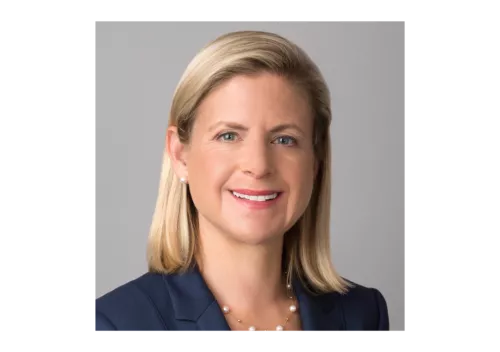Best Buy wins award for Corporate Governance Team of the Year (Large Cap)
In June 2012, any thought that Best Buy’s corporate governance efforts would be award-worthy was inconceivable. The consumer electronics retailer faced the worst corporate crisis in its history amid faltering financial performance and the very public exit of CEO Brian Dunn two months earlier during an ongoing investigation into allegations of misconduct.
Exacerbating Best Buy’s troubles was the resignation of founder and chairman Richard Schulze, who then launched an activist bid to try to take the company private. As the board continued its search for a new CEO and with other executives departing, shareholder confidence wavered. The result was a failed say-on-pay vote at the annual meeting, with only 38 percent support for the company’s executive pay plan.
The turnaround taking shape at Best Buy since then is impressive, starting with the installation of the company’ first ever independent chairman, Hatim Tyabji. Undaunted by the founder’s potential going-private campaign, the lead independent director at the time and the chair of the nominating, corporate governance and public policy committee were able to recruit a world-class CEO – Hubert Joly – as well as CFO Sharon McCollam. Best Buy then continued to manage the highly public dialogue with its founder and largest shareholder to avoid a hostile takeover. The two parties eventually reached an amicable resolution that enabled the company to advance under new leadership. The firm also secured a financially advantageous exit from its Best Buy Europe joint venture.
The appointment of two new directors as part of a negotiated settlement with Schulze, who returned to Best Buy as its chairman emeritus, brought fresh challenges leading up to the 2013 annual shareholders’ meeting, as did complex compensation actions stemming from the previous year’s crisis. Best Buy opted for complete transparency in its proxy statement, explaining each compensation and governance decision and how they contributed to the company’s improved position. Consequently, Best Buy’s 2013 say-on-pay proposal garnered 83 percent support from shareholders – a 45 percent increase over the 2012 vote, despite a negative recommendation from proxy adviser ISS.
Meaningful progress to improve the customer experience and increase returns on invested capital, part of the Renew Blue campaign that Joly announced in November 2012, also facilitated the turnaround on say on pay. The governance upheaval made tackling the business performance issues even more challenging, but it also provided an opportunity for a strategy makeover. As a result, Best Buy became one of the best-performing stocks of 2013: its share value more than tripled from $11.81 between January 2 and December 11, compared with a 21.9 percent increase in the S&P 500.
For photos of the 2013 awards, click here.









